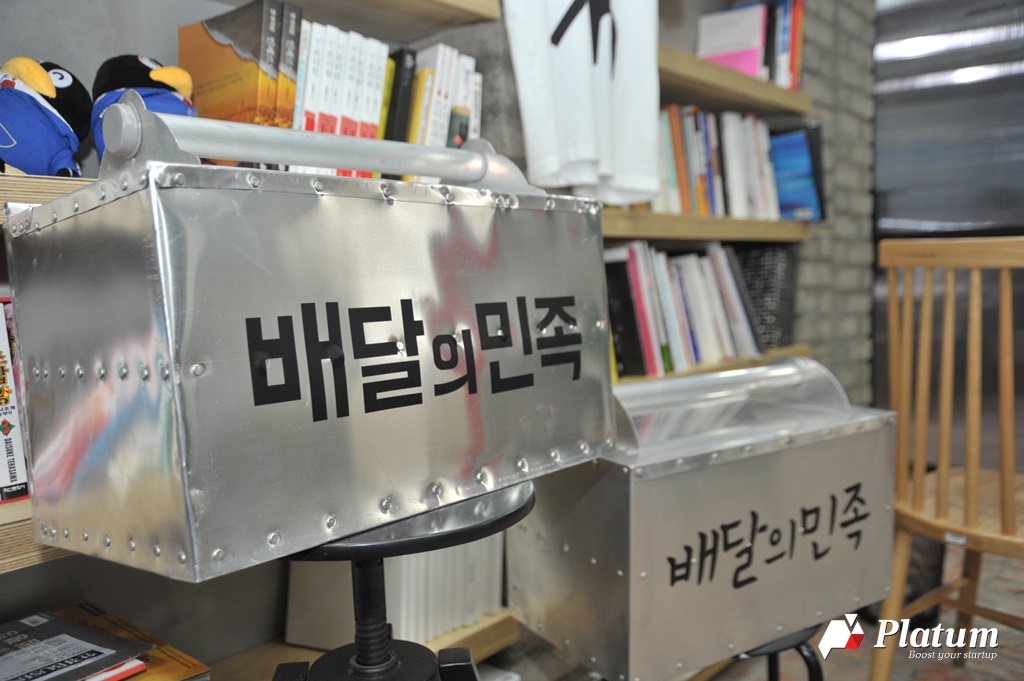
Baedal-Minjok (translated People of Delivery) is Korea’s number one mobile food delivery application, which lets users search for nearby restaurants to order and pay for food. According to its Google Play entry, the app is currently installed on 5 million to 10 million devices, equivalent to around 10-20 percent of the South Korean population, an astounding feat for an app only three years old.
Currently, Korea’s delivery food app market is valued at an estimate $1 billion, with three major operators – Baedal-Minjok, Yogiyo, and Baedaltong – that collectively represent more than 90 percent of its entire industry.
Yet, the success of the app has come to face increasing criticism from local stores owners. Although the app boosts demand for food delivery with easy-to-order features and its own advertisement platforms, the app also burdens restaurant owners with high service commission fees. Restaurants that subscribe to the more expensive services can get more exposure by having their names appear on the top of search results. Under such circumstances, restaurants are compelled to subscribe to the more expensive services provided by Baedal.
In an effort to eliminate such misunderstandings, Woowa Brothers, the developer of Baedal, launched ‘Free Fliers Callment Service,’ a free performance measurement service for traditional advertising media, such as fliers or neighborhood guidebooks on print.
One of the most challenging issues for self-employed restaurant owners is advertisement and marketing. As many still rely on the traditional on-paper means, owners have difficulty measuring the performance per cost of advertising. As a result, the best they can do is to rely on estimate cost-benefit analyses of their investments.
To address the problem, Baedal began offering what is called a “Fliers Call-Ment Service,” an analytics solution for tracking the number of delivery orders coming through fliers or booklets.
With “Call-Ment”, a restaurant owner can on a daily basis identify which form of advertisement led to each call. When flyer seers order for delivery, they are directed to call a pseudo number that is associated with the advertising restaurant. When owners pick up from the other end, they hear a “Flyer Call” ringtone signaling that the incoming order is coming from a flyer. Each restaurant is eligible to sign up for up to five different pseudo numbers. Baedal also keeps a record of all flyer calls on its server system, and provides subscribers data for total call volumes.
The scope of Baedal’s service is not limited to flyers and booklet calls. It also measures performances of other promotional means such as Internet blogs, search engine ads, and other promotional tools.
Source : Baedal-Minjok Launches Service for Tracking Offline Ad Performance






댓글 남기기